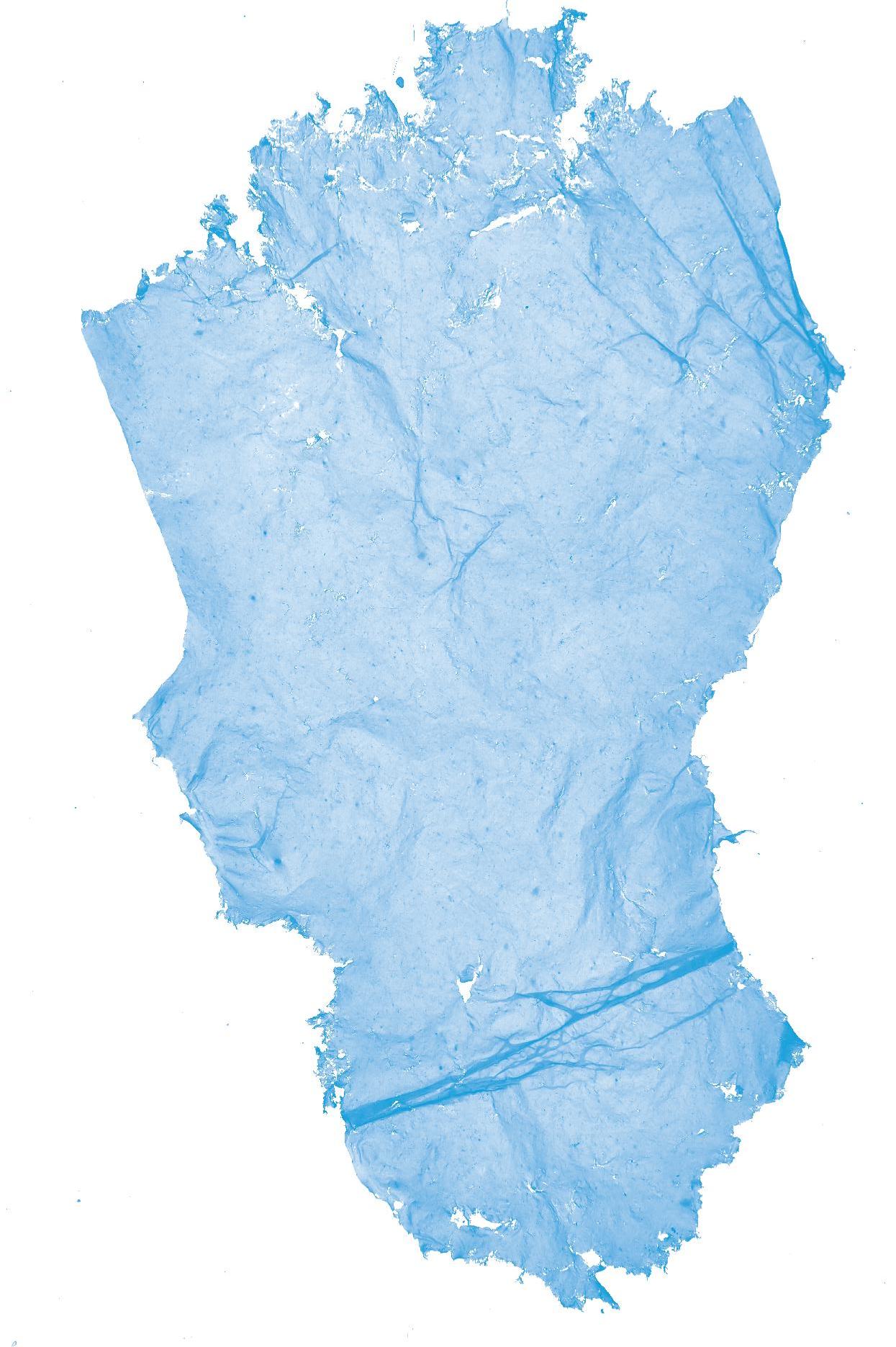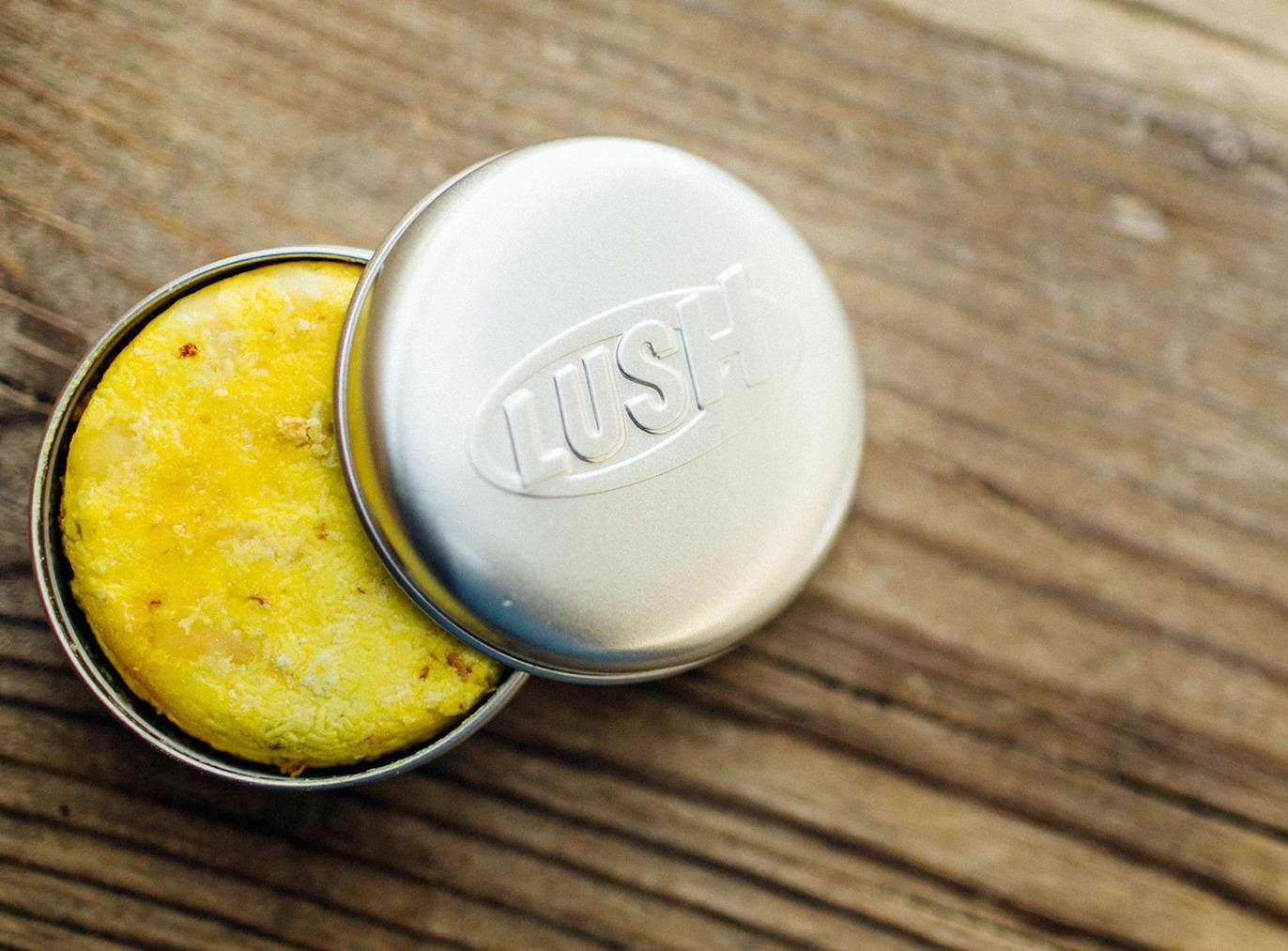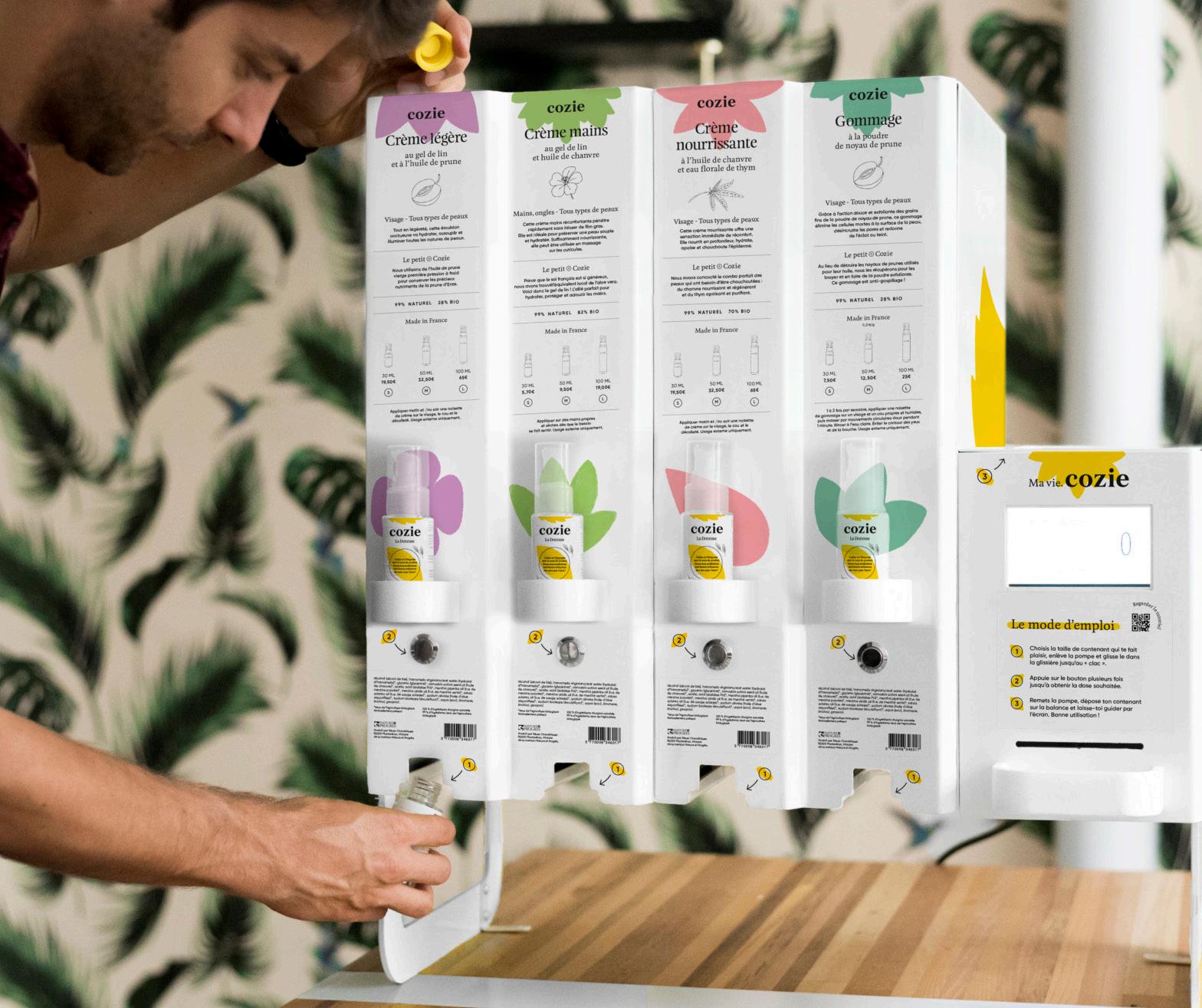
1 minute read
Bath and Shower Products
A smaller category, but one with huge potential to reduce packaging, are toiletries: items such as soaps, shampoo and conditioner. Bath and shower products alone account for 10,000 tonnes of plastic waste. A cut of 70% would lead to savings of 7,000 tonnes.
One approach that could be offered at scale by retailers is the idea of “naked” or packaging-free products. This is an idea that has been popularised in the UK by cosmetics firm Lush. Building on the concept of the soap bar, companies like Lush and others have developed solid shampoo and conditioner bars, solid shower gels, massage bars, and even solid henna hair dyes. An added bonus alongside waste reduction is cost reduction. According to Lush, around 40–50% of the cost of a product usually goes on its packaging.
Another obvious approach is in-store refill. In the past, this was offered by brands such as Neal’s Yard and The Body Shop, where sales assistants physically refilled customers’ returned bottles from bulk-size packs. Now, in France, cosmetic company CoZie (Cosmétique Objectif Zéro Impact Environnemental) have developed a more sophisticated approach 39 . It involves a bulk dispensing machine for products such as moisturisers and face creams, which allows users to stock up to the nearest millilitre.
The special design of the system stocks the cosmetic products in airless bags to maintain each product’s shelf life, and prevents contact between the formulas and the machine. Plus, it is designed to meet the strict hygiene and traceability standards for cosmetic products. Customers pay €1.5 per container for their first purchase, which is then deducted from their next purchase, building brand loyalty. This approach clearly has potential to be scaled up and used for multiple brands in a supermarket setting.
Lush's solid shampoos in a re-usable tin © Lush



"La Dozeuse" – the world's first re-fill machine for cosmetics © Cozie










